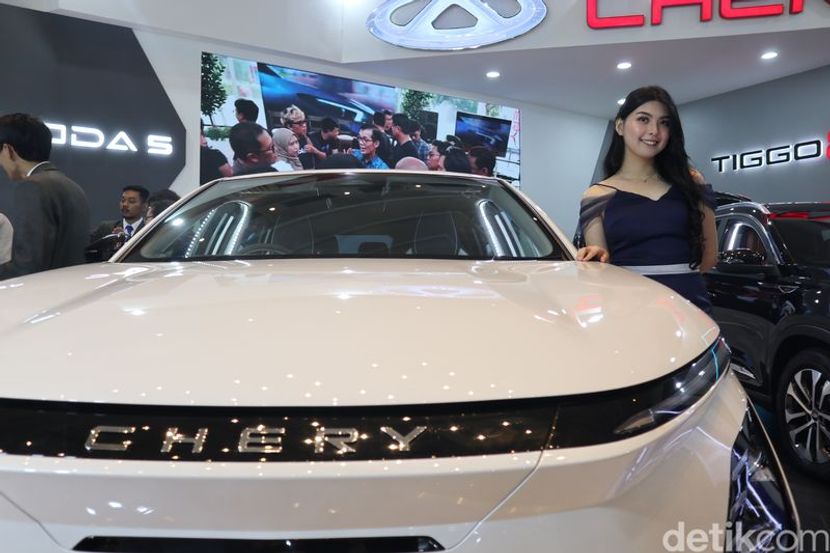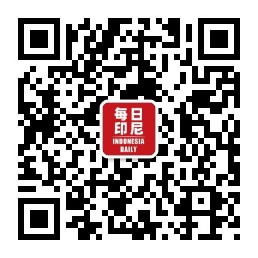Chinese automobile brands have set up their presence in Indonesia

Indonesia, as the first largest automotive market in Southeast Asia, with automotive sales of 866,000 units in 2024, a year-on-year decline of 13.9%; with a population of over 280 million, a large number of young people, and a large consumption potential, it is the second largest automotive producer in Southeast Asia.The government has made electric vehicles a national priority industry, formulated development plans, improved fiscal and tax incentives (tax incentives, purchase subsidies, etc.), and issued a ban on nickel ore exports. Indonesia is rich in nickel, cobalt and other mineral resources, and hopes to become a key player in the global electric vehicle supply chain with its resource advantage. Wuling landed in West Java province in 2015, completed production in 2017, with an annual production capacity of 150,000 vehicles, and invested in a battery pack assembly line in 2024 to build a core supplier park; Wuling Air EV (right-hand drive version) was put into production in 2022, becoming the first mass-produced electric vehicle model on Indonesian soil; the world's 3 millionth new energy vehicle rolled out of the assembly line in May 2025 in Indonesia, and the Shenlian battery has also been put into production. In July 2025, Guangzhou Automobile Industry Corporation (GAC) completed and put into operation its smart factory in Jakarta, introducing the "lighthouse factory" standard, gradually expanding the annual production capacity from 20,000 to 50,000 units, with pure electric vehicles as the core, gradually introducing plug-in hybrids and oil-hybrids, covering SUVs, MPVs, and other market segments, and developing seven-seat models. BYD's Indonesia plant is in the construction stage, scheduled to go into production by the end of 2025, with a planned capacity of 150,000 units, and will gradually adopt a localized supply chain after commissioning, and cooperate with Indonesian nickel mining companies to build a battery material base, which is expected to realize the localized production of lithium iron phosphate batteries in 2026, with a cost reduction of 301 TP3T. xiao peng has partnered with Handal Indonesia Motors (HIM), which is responsible for the The localized assembly of Xiaopeng G6 and X9 models is carried out in a fully-knocked-down (CKD) manner, with the right-hand drive version of Xiaopeng X9 going into production in July 2025 in Indonesia. Skyworth, through Polytron, a subsidiary of Karun Group, achieved localized production in early June 2025, with its Skyworth K model coming off the production line as Polytron G3. Battery and material manufacturers such as Ningde Times, Huayou Cobalt, Qingshan Holdings, Luoyang Molybdenum, and Greenmax have entered the Indonesian market to lay out their battery and material production.

